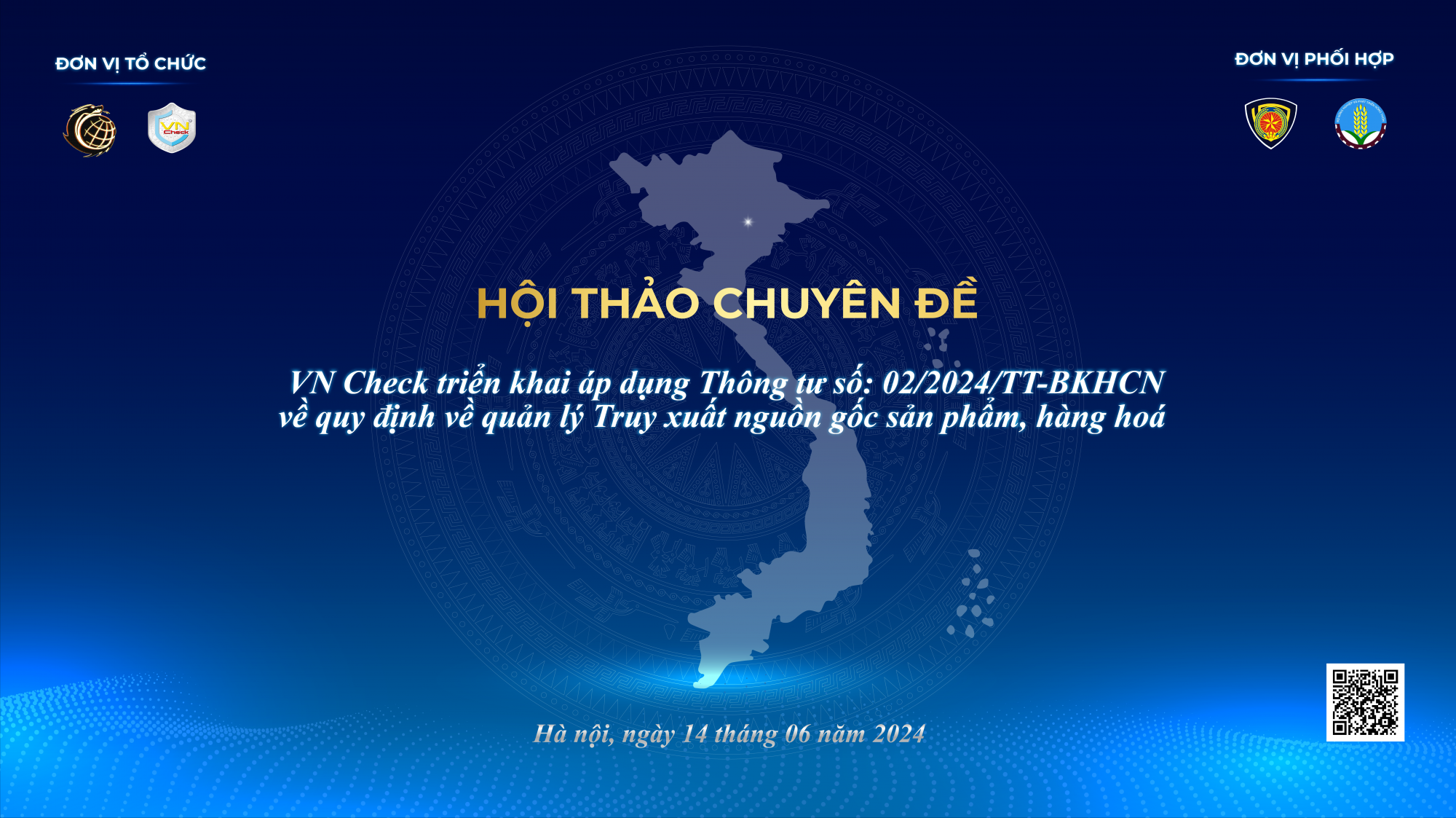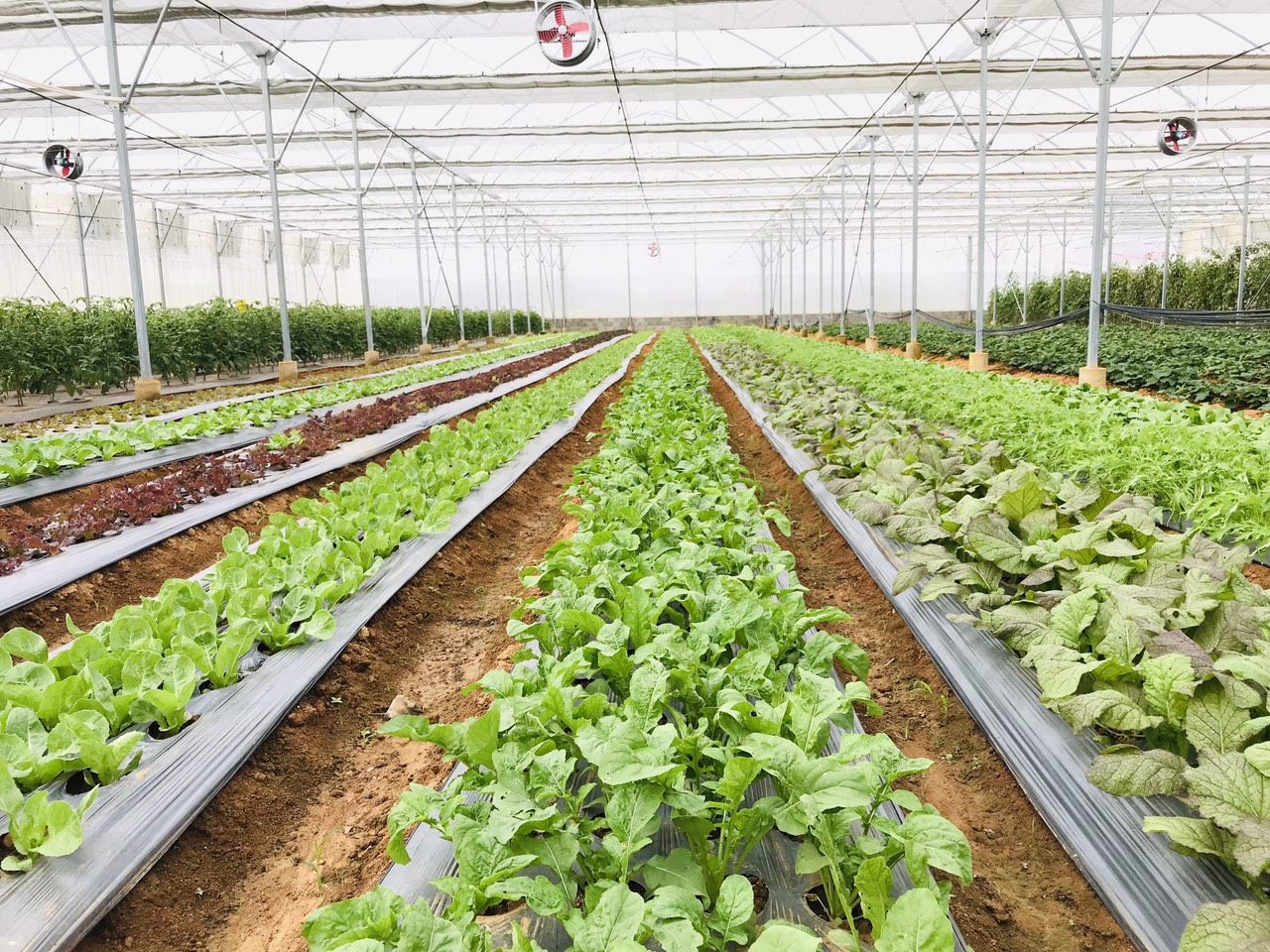Things to know for applying the TCVN 11041 Quality Standards – Organic Agriculture Practices
Over the years, the excessive use of chemical fertilizers, pesticides, and high-yield, genetically modified seeds has significantly reduced the agricultural land area in our country. Alongside urbanization, the greenhouse effect, and the destruction of nature, people's lives have become increasingly risky and hazardous. Droughts, floods, and saltwater intrusion have led to land degradation and crop failures. Organic agriculture is an inevitable trend to restore vitality to the soil and align human practices with nature
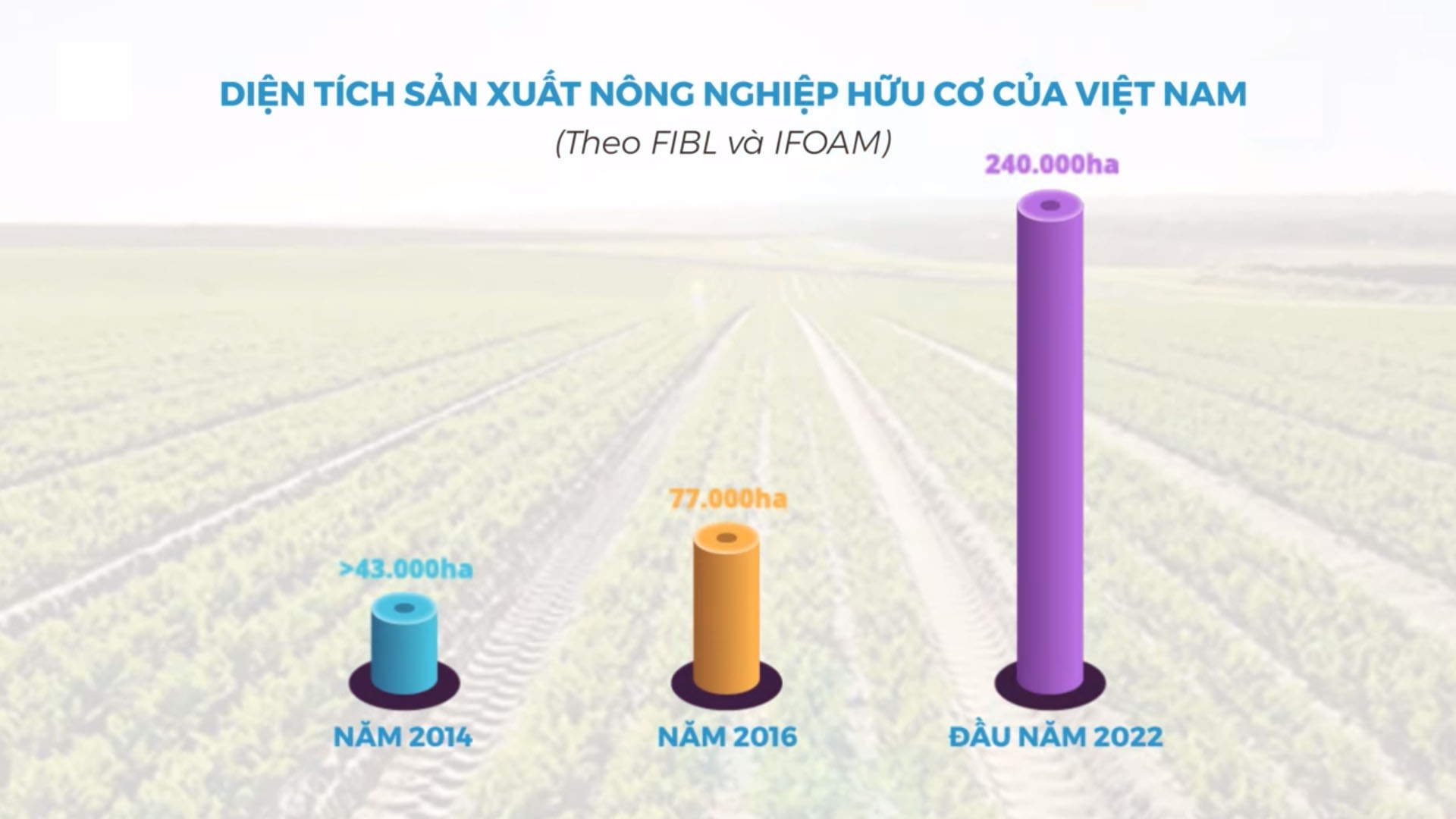
In Vietnam, the organic agricultural farming model has been concretized/ detailed/formalized through the 'Organic Agriculture Development Project for the 2020-2030 period' under Decision No. 885/QD-TTg dated June 23, 2020, by the government. However, production remains small-scale, fragmented, and inconsistent. The process of changing farming methods and restoring soil organically requires significant time and resources, particularly in changing farmers' perceptions. Agricultural producers in Vietnam still lack a comprehensive and accurate understanding of the organic farming model. On December 29, 2017, the Ministry of Science and Technology issued the TCVN 11041:2017 standard to promote agricultural production in general and organic agricultural production in particular, contributing to increasing product value and quality for domestic circulation and export.
The TCVN 11041:2017 quality standards for organic farming include:
- TCVN 11041-1:2017: Organic agriculture – Part 1: General requirements for the production, processing, and labeling of organic agricultural products.
- TCVN 11041-2:2017: Organic agriculture – Part 2: Organic crop production.
- TCVN 11041-3:2017: Organic agriculture – Part 3: Organic livestock production.
- TCVN 11041-5:2018: Part 5: Organic rice.
- TCVN 11041-6:2018: Part 6: Organic tea.
- TCVN 11041-7:2018: Part 7: Organic milk.
- TCVN 11041-8:2018: Part 8: Organic shrimp.
- TCVN 11041-9:2023: Part 9: Organic honey.
- TCVN 11041-10:2023: Part 10: Organic seaweed.
- TCVN 11041-11:2023: Part 11: Organic mushrooms.
- TCVN 11041-12:2023: Part 12: Organic sprouts.
- TCVN 11041-13:2023: Part 13: Organic crop production in greenhouses and containers.
After specific regulations on organic farming were established, as of September 2022, the Ministry of Agriculture and Rural Development of Vietnam had 13 groups of products certified organic, including rice, vegetables, fruits, tea, coffee, cashew nuts, pigs, dairy cows, chickens, shrimp, star anise, and cinnamon. The export turnover of organic agricultural products currently reaches over 335 million USD per year, to 180 markets worldwide. According to the report from the Department of Agro-Processing and Market Development, organic export products such as tea, shrimp, rice, cashew nuts, pepper, cinnamon, star anise, essential oils, spices, etc., are exported in very limited quantities. In Thai Nguyen, the provincial Agricultural Extension Center has implemented organic tea production models according to Vietnamese standards (TCVN 11041) over an area of more than 59 hectares, involving 6 cooperatives and cooperative groups (nearly 200 households) in most key tea production areas in the province. Results from implementing the organic tea production model in 2021 showed that the Tan Son organic tea production cooperative achieved a revenue higher by 45 million VND/ha, and in 2022, higher by 58 million VND/ha compared to conventional production; the value of tea products produced according to organic standards increased by 15-37% compared to mass production.
Mr. Ha Trong Tuan, Director of the Thai Nguyen Provincial Agricultural Extension Center, said: “Initially transitioning to organic production, tea plants did not adapt well to organic fertilizers, leading to a decrease in yield. However, thanks to proper technical care, the tea plants recovered and developed normally, with average yields increasing by nearly 400 kg of fresh tea per hectare, and the selling price of fresh tea buds was higher by 20-50 thousand VND/kg...”
 (Image: Organic Tea Model in Dai Tu - Thai Nguyen)
(Image: Organic Tea Model in Dai Tu - Thai Nguyen)
The Value of Organic Production and Its Impact on Social Life in Vietnam
For government agencies, organic agricultural production according to TCVN 11041 standards facilitates systematic and easy management and control of general organic production activities as well as specific organic products. For the natural environment, organic production not only minimizes harmful agents but also protects the habitats of various animal and plant species, allowing them to thrive, thus promoting biodiversity and protecting the natural ecosystem. For the agricultural sector, implementing organic production contributes to developing Vietnam's agriculture towards modernity and environmental friendliness, aiming to become a strong and sustainable agriculture on the global stage. For agricultural production businesses, applying organic production methods creates clean, safe products that protect consumer health. Organic products also have higher economic value than conventional products, helping to increase revenue, build market credibility, and gain customer trust and loyalty. For export businesses, certified organic products can overcome barriers, easily access international markets, increase revenue sources, and create market opportunities and competitive capabilities with international businesses. For society, organic agriculture meets the growing demand for clean and safe food, thereby reducing the number of harmful and unhealthy foods on the market. Developing organic agriculture stimulates the economy. For consumers, organic products contribute to changing and forming habits of using clean and safe food for health and the environment. Before consuming a product, they will pay more attention to the product's origin, quality, and ingredients, considering whether they are clear, transparent, and protect health and the environment.
The Growing Trend of Clean Consumption
Globally, according to statistics from FIBL and IFOAM, in 2021, there were more than 71 million hectares of organic farming, accounting for about 1.5% of total cultivated land. Countries such as the United States, Australia, and the European Union (EU) have rapidly developed organic agriculture. Currently, 186 countries around the world are developing organic agricultural products, with 73% of the world's organic farming area belonging to the top 10 leading countries. Australia is the country with the largest area of organic agricultural land at 27.1 million hectares, Argentina has 3.0 million hectares, China has 2.3 million hectares, and the United States has 2 million hectares. In Asia, the area of organic agricultural production is about 2.9 million hectares with 130,000 farms. The largest organic producers in the region include China, India, Bangladesh, Sri Lanka, South Korea, and Thailand.
According to IFOAM, in Vietnam in 2016, the organic farming area reached about 77,000 hectares. By early 2022, the organic farming area increased to about 240,000 hectares, with annual export turnover reaching about 335 million USD (nearly 15 times higher than in 2010), ranking 8th among the 10 countries with the largest organic agriculture area in Asia. According to the Ministry of Agriculture and Rural Development, after three years of implementing the Organic Agriculture Development Project for the period 2020-2030, 57 out of 63 provinces and cities have implemented organic agriculture.

(Organic Dien Pomelo at Duc Hau Luu Quang Clean Agriculture Cooperative in Chương Mỹ - Hanoi)
Golden Opportunities in Producing According to Organic Agriculture Standards
For organic food producers in Vietnam, the opportunities are vast. In the Vietnamese market, the age group from 15 to 40 is rapidly increasing (approximately 40 million people) and is becoming more sensitive to health-beneficial products, willing to spend on such products. Additionally, the middle class is expected to reach about 25 million people by 2025, accounting for 25% of the population. Consequently, the demand for organic food will continue to grow.
Globally, according to FIBL and IFOAM statistics, by 2020, the country with the largest organic food market was the United States (49.5 billion euros), followed by Germany (15 billion euros), France (12.7 billion euros), and China (10.2 billion euros). Organic vegetables and fruits are the most imported product group, with 1.29 million tons in 2020 (accounting for 46% of total organic product imports), mainly tropical fruits, nuts, and spices (65%). This presents a significant opportunity for Vietnamese organic producers to export to these global markets.
Consumers have the opportunity to use high-quality organic products. As organic production grows, the availability of organic products increases, leading to competition in terms of price and product quality. This creates favorable conditions for consumers to access the best quality products at reasonable prices.
VN Check - The 4.0 Traceability Platform
On January 19, 2019, the government issued Decision 100/QĐ-TTg approving the Project on the Implementation, Application, and Management of the Traceability System. After nearly 5 years of research and development, on December 25, 2023, with the support of the Vietnam Academy of Agricultural Sciences, the Institute of Vegetable and Fruit Research, the Institute of Traditional Medicine Research Tue Tinh, the Vietnam Institute of Standards and Quality, along with 15 experts and scientists and more than 30 IT engineers working tirelessly, the first 4.0 traceability platform for Agriculture and Traditional Medicine was officially launched to consumers. VN Check is an innovative startup project developed by GLOBAL DIGITAL AND TECHNOLOGY JOINT STOCK COMPANY with two solutions: traceability and anti-counterfeiting of product data using modern technologies such as IoT, AI, and Blockchain. We can confidently say: "VN Check is the best brand protection solution on the market today, providing absolute peace of mind for Vietnamese consumers." Products have clear, transparent origins.
From May 1, 2024, production-business enterprises and consumers can download the VN Check application from Google Play, App Store và Đăng ký dùng thử for a trial to experience the solution.
Huyen Pham

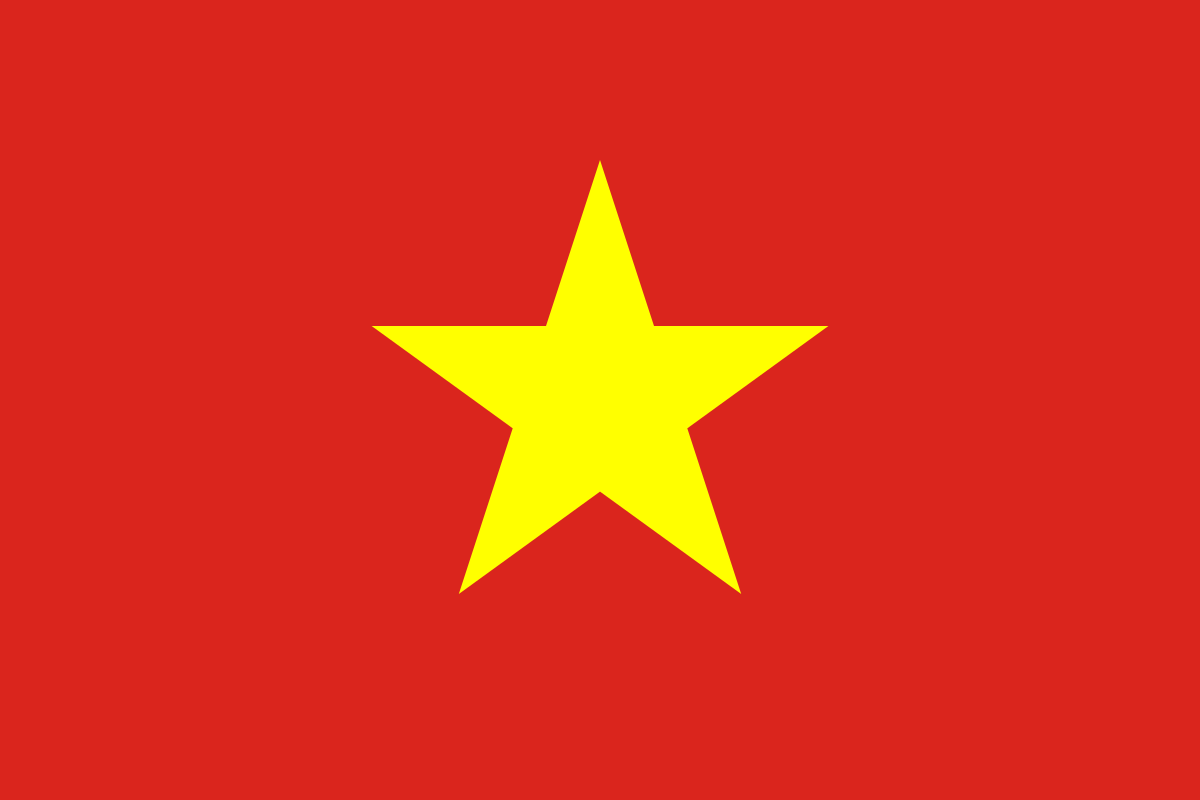

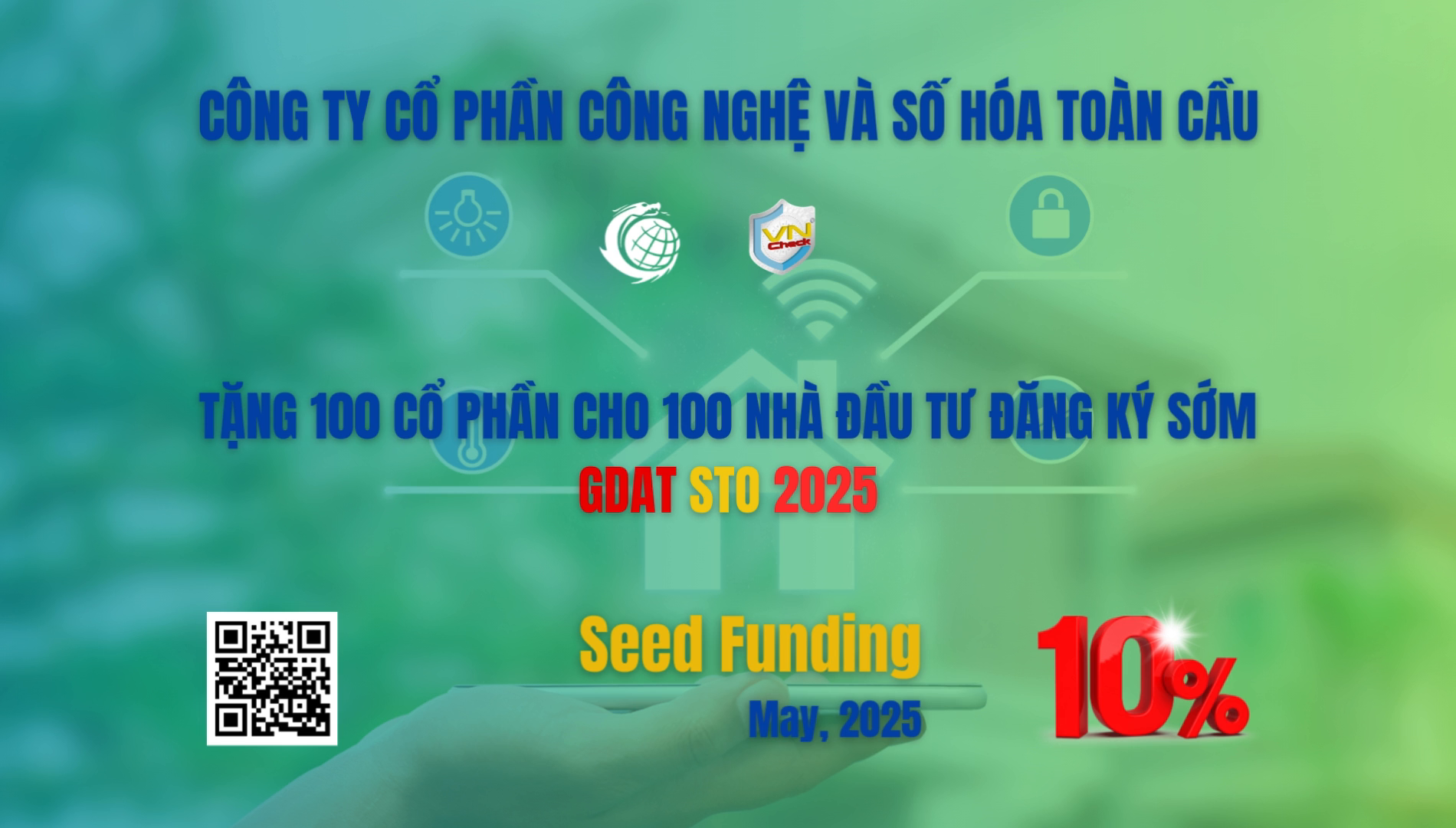
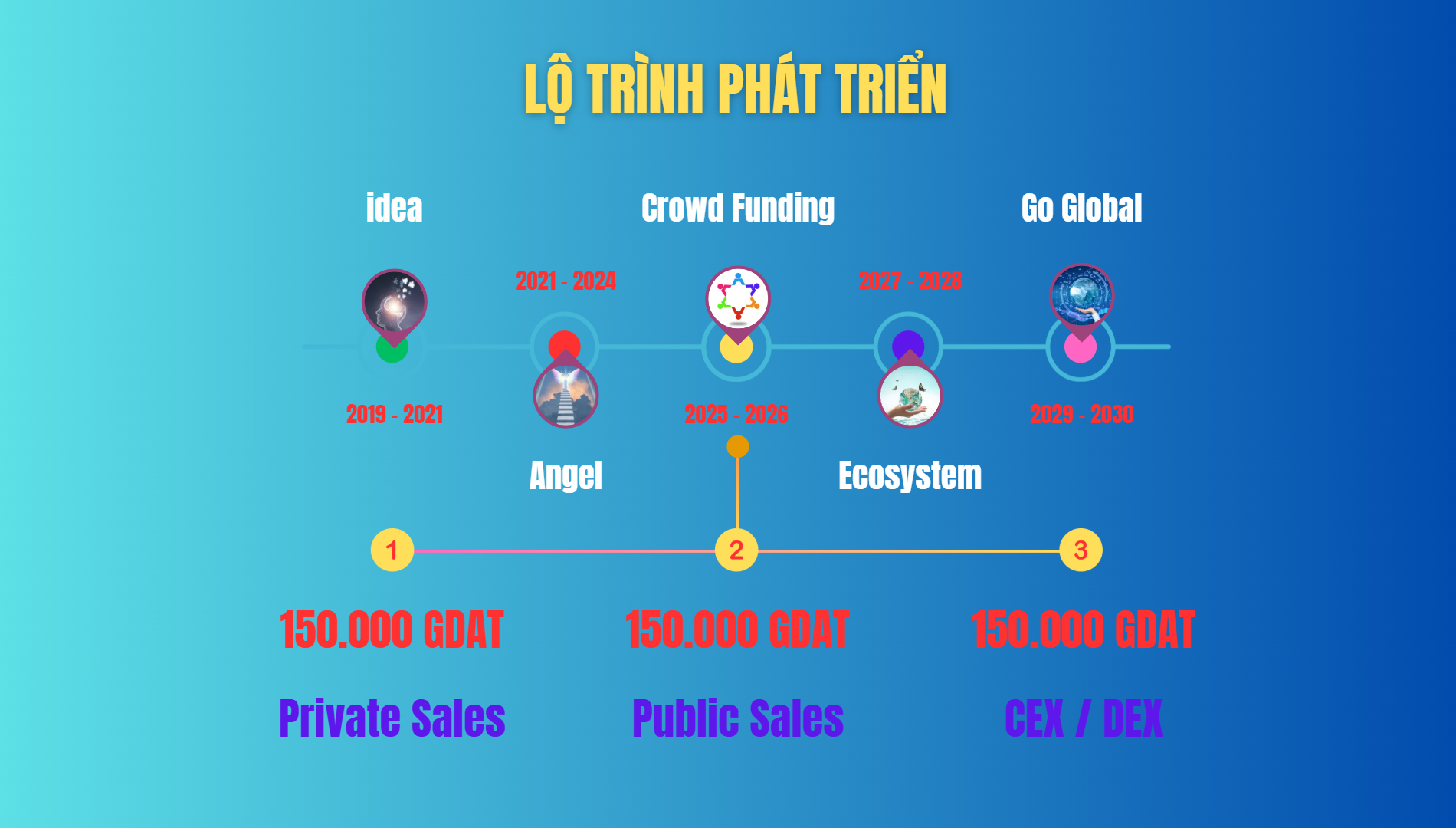

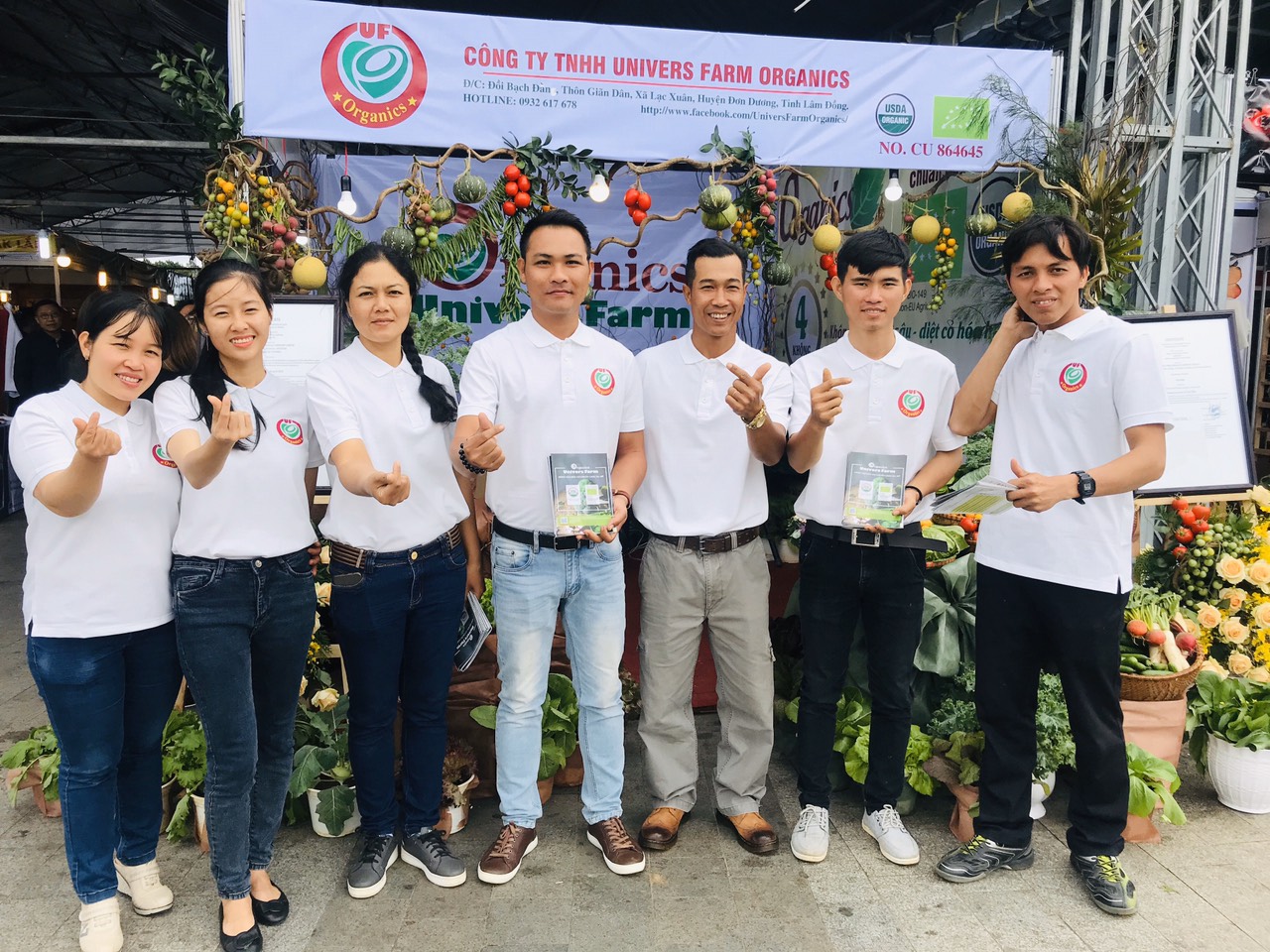

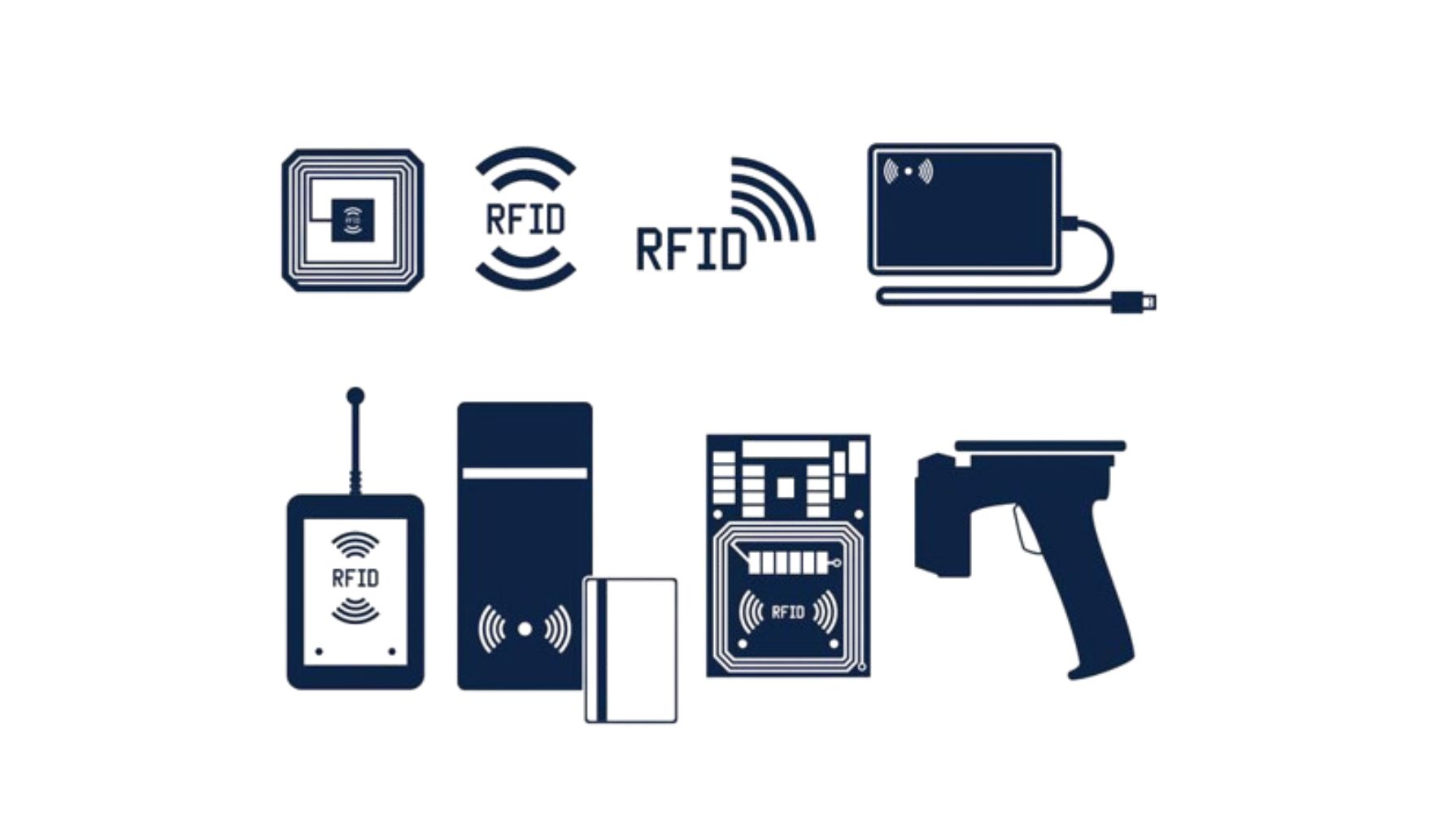
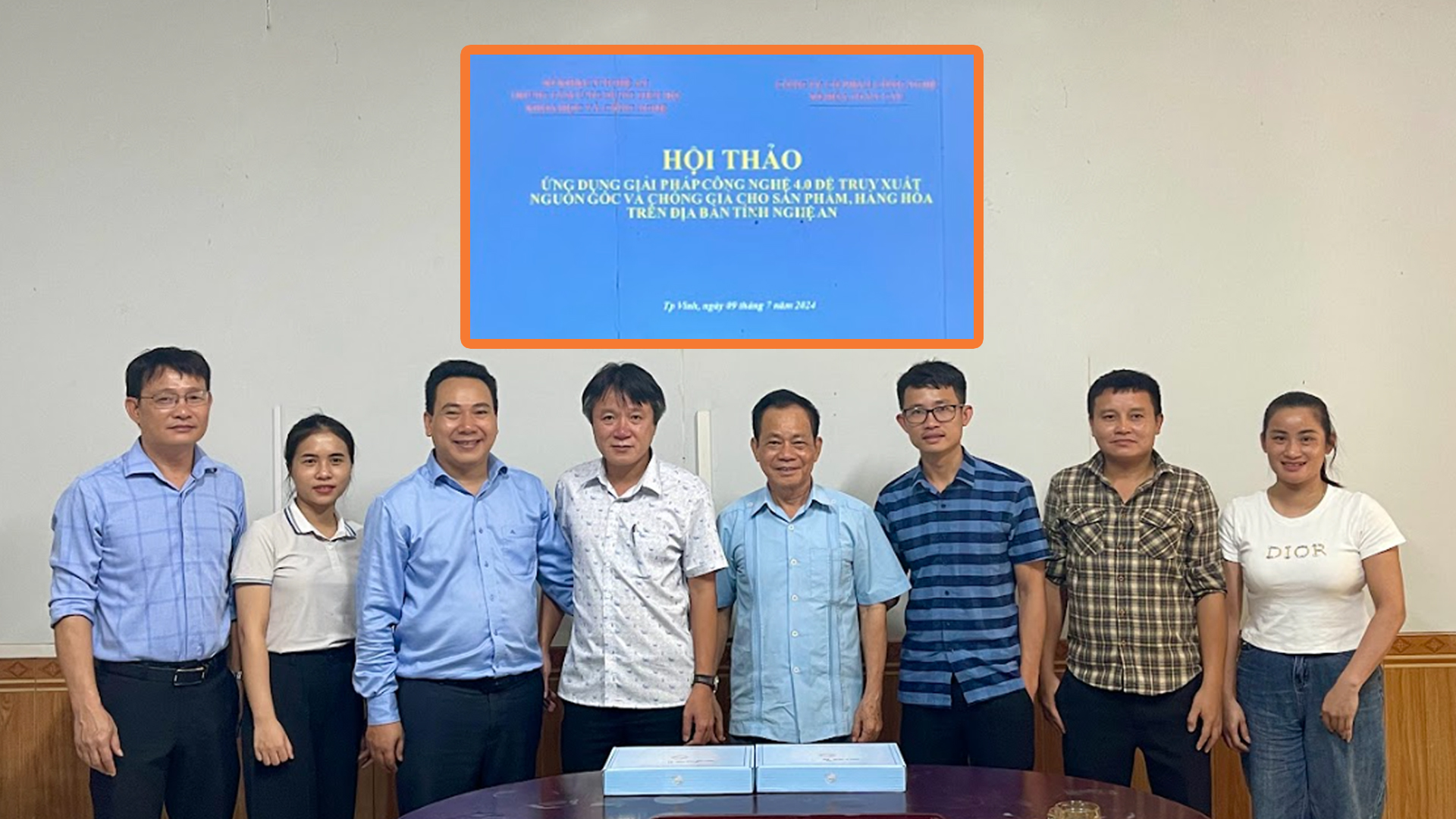
.jpg)
